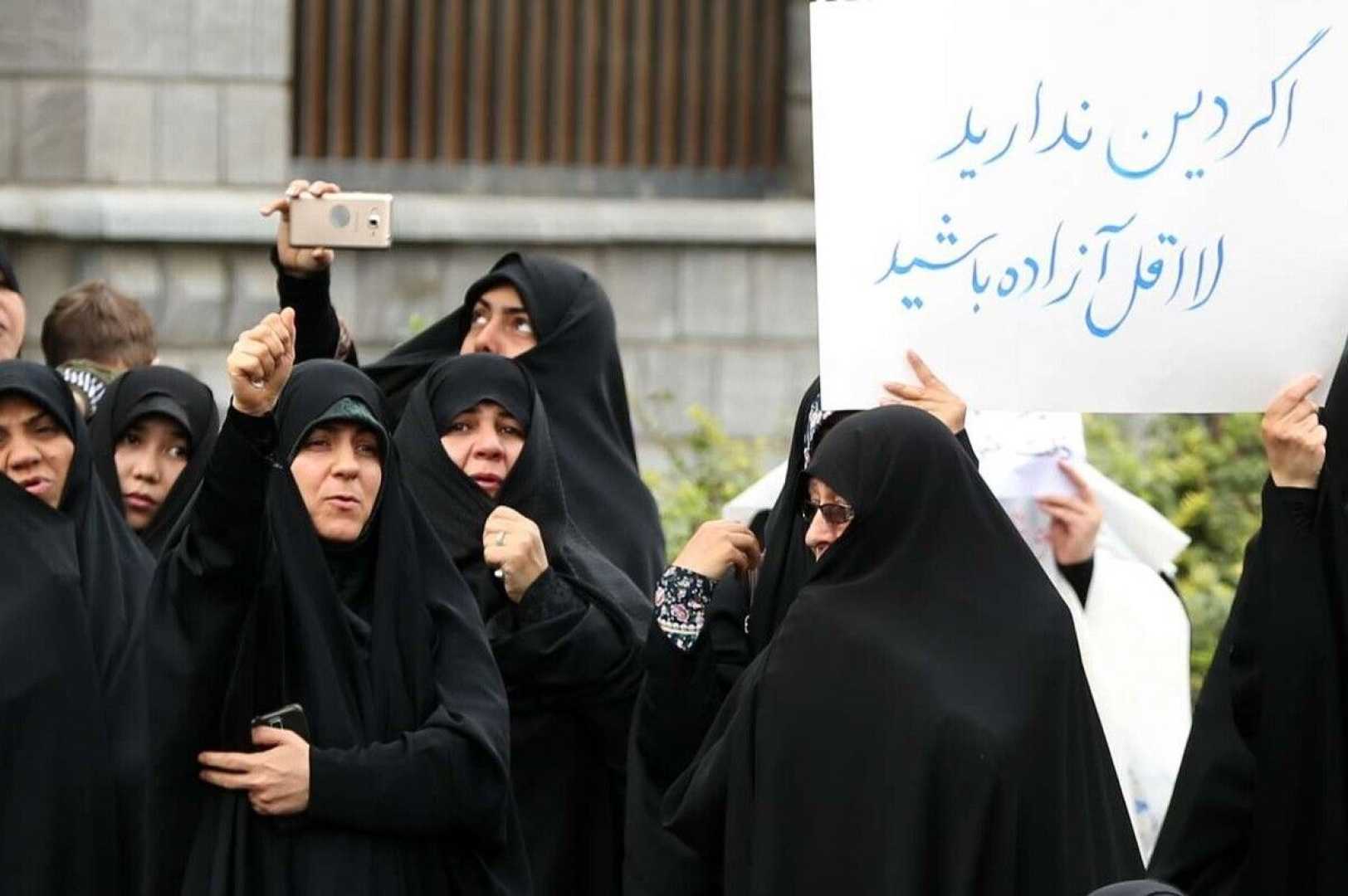World
Iran’s Hardliners Warn of Fallout Over Hijab Enforcement Debate

TEHRAN, Iran — Iran’s ultra-hardliners are intensifying their warnings to authorities about the consequences of easing hijab enforcement, claiming that the Islamic Republic risks alienating its most loyal supporters.
In a viral video that emerged last week, lawmaker Mohammad-Mannan Raisi, a prominent ultra-hardliner, criticized the Supreme National Security Council (SNSC) for its recent decision to halt the enforcement of the controversial Hijab and Chastity Law, initially proposed to tighten restrictions on women’s dress in Iran.
The United Nations had condemned the proposed law for what it labeled “gender apartheid,” highlighting it as a severe infringement on women’s rights. Raisi underscored the sacrifices made by loyalists to the regime and warned that a perceived abandonment of religious principles could lead to disillusionment among core supporters. “The hardcore of the system will be disillusioned if you suspend God’s commandments,” he said, adding that lack of adherence to Sharia could potentially stir up discontent.
This shift follows a period of heightened defiance from Iranian women against the hijab mandate, especially after the violent crackdown on protests triggered by the death of Mahsa Amini, a woman arrested for improper hijab usage. Since then, many women have openly resisted the dress code, often appearing in public without hijabs and openly defying the regime.
International sanctions imposed after the unrest have deepened Iran’s economic crisis, with at least a third of the population now living below the poverty line. Despite Raisi’s fervor, authorities are navigating this contentious issue carefully, mindful of the potential for renewed protests if enforcement measures are re-introduced.
Raisi’s comments resonate among the ranks of vigilante groups, which have historically policed public compliance with hijab rules. However, recent protests have prompted a backlash from these groups, who have condemned police responses that at times turned violent against demonstrators.
Hossein Allahkaram, a spokesperson for pro-hijab protests, criticized the police’s handling of the situation, vowing that resistance would continue post-holiday. “We will not cease our efforts to uphold our beliefs,” he stated.
On the political front, the climate has similarly sown division among hardliners, with Raisi’s statements igniting debates about the future outlook of the government and its support base. Critics interpret his words as veiled threats aimed at urging authorities to take a firmer stance. This turmoil comes as former IRGC commander Ghorbanali Salavatian remarked on social media, challenging hardliners’ claims of indispensability within the nation.
In the face of mounting internal pressure, external forces also loom large. Two U.S. senators announced that they would push for increased economic sanctions against Iran, stating that every effort must be made to prevent Iran from acquiring nuclear capabilities and supporting regime changes to bolster U.S. national security.
“Diplomatic pressure can provide substantial leverage against the Ayatollah’s hostile intentions,” stated Senator Ted Cruz from Texas. His colleague Senator Tommy Tuberville emphasized sanctions targeting Iran’s key oil and gas sectors as essential to stifling the regime’s capabilities.
Iranian officials, including former diplomat Jalal Sadatian, voiced concerns about foreign influence hampering relations between Iran and the West, urging a balanced foreign policy to protect national interests.
In a parallel development, Kuwait‘s Emir has assured the Iranian president that the country will not permit acts of aggression against others from its territory, amid ongoing regional tensions. This assurance comes as a relief to Tehran as it faces threats from both the United States and allied nations.
As debates continue to unfold in Iran regarding the hijab enforcement, the authorities face an ongoing struggle to maintain control and appease hardliners while avoiding further unrest among the populace.












